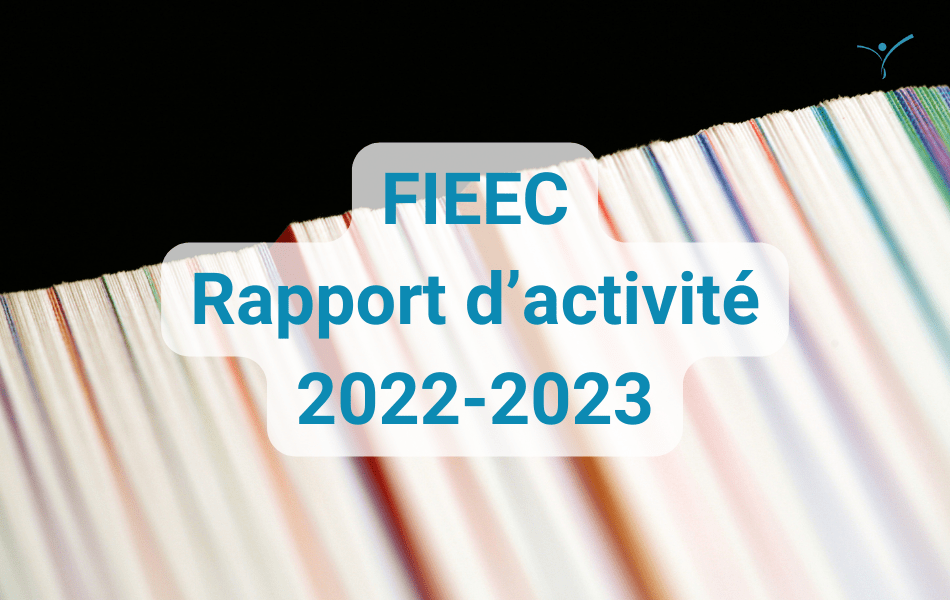FIEEC | Business report 2022-2023
July, 2023 – “Energy efficiency technologies designed by FIEEC industries (…) are one of the keys to success in implementing energy sobriety.” – Laurent TARDIF, President of FIEEC
If I had to choose one word to characterize the year we’ve just lived through, it would be the notion of sobriety.
I’m thinking in particular of energy sobriety, a preoccupation that has long been of particular concern to us in our profession, but which came to the fore at the end of last year in response to the emerging energy crisis. We can draw one major lesson from this period: for the vast majority of them, the French are ready to optimize their energy consumption, both for ecological and economic reasons.
If we have come through this winter period, which worried us in more ways than one, it is thanks to the mobilization of all the players: private individuals and companies have been able to adapt their consumption, energy companies have been able to restart the shutdown EPRs at top speed, and the State has generally succeeded in helping companies to cope with the rise in energy prices, even if the situation remains difficult for some of them.
difficult for some of them. FIEEC did not want to be outdone, and is fully committed to this approach, having signed a declaration from the entire electrical engineering sector in support of the implementation of ecogestures and all national recommendations. Energy efficiency technologies designed by the FIEEC industries have received an unexpected boost in the spotlight: they are one of the keys to success in the implementation of energy sobriety.
On a more political level, we would sometimes like to see more normative sobriety! It’s an understatement to say that the past year has been rich in regulations, particularly at European level. Our federation has been heavily involved, in conjunction with Orgalim, to ensure that the interests of the electrotechnology sector are taken into account in the face of this veritable regulatory tsunami: MACF, taxonomy, NZIA, CRMA, and many others. On the French side, the new institutional set-up resulting from the recent legislative elections seems to be reducing the number of initiatives, but the fact remains that we need to be resolutely committed to the ongoing debates on green industry and France’s energy strategy. Most of these projects are laudable, but they must be consistent with the needs of industry and their timetable.
All these battles could not be waged without the essential support of our member unions and their companies, to whom I would like to extend my warmest thanks. The activity report you have in your hands will, I hope, give you a faithful summary of the profession’s various commitments over the past year.


